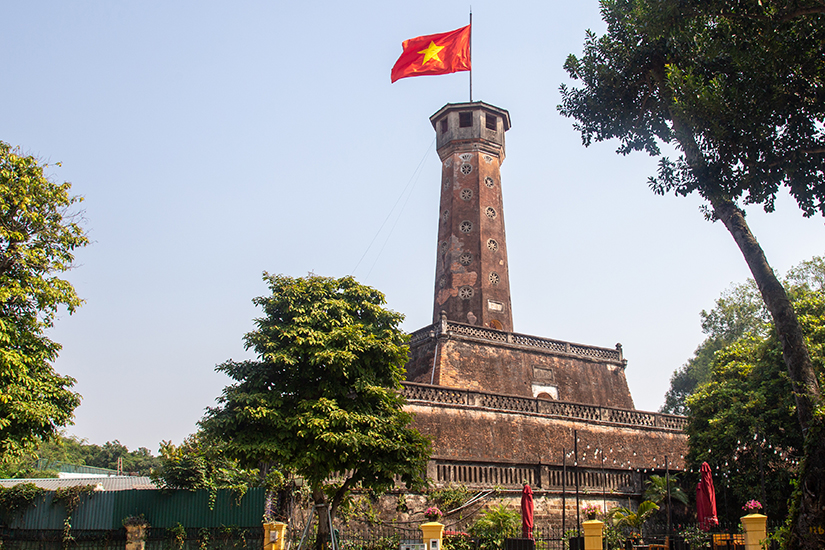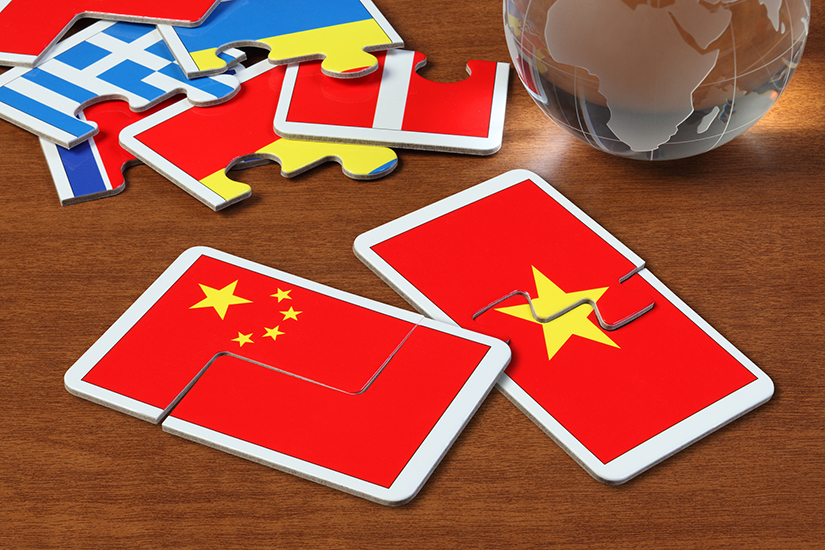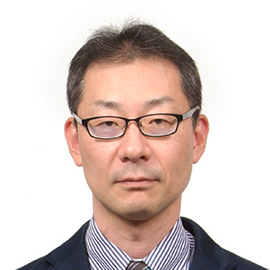Tô Lâm was elected by the Central Committee of the Communist Party of Vietnam as its new general secretary on August 3, 2024—a day following the death of his predecessor, Nguyễn Phú Trọng. The new administration was launched with the legacy of the previous administration still strongly lingering in both domestic and foreign affairs. This review will examine the path Vietnam is likely to follow under its new leader.

Process for Selecting a New General Secretary
Nguyễn Phú Trọng remained in the post of general secretary for 13 years following his election at the 11th National Party Congress in 2011. He aggressively pursued what is known as the “burning furnace” anti-corruption campaign toward the end of his rule, resulting in the resignation of two deputy prime ministers, two presidents, and the chairman of the National Assembly between late 2022 and mid-2024. This led to 6 of the 18 Politburo members elected at the 13th National Party Congress in 2021 being forced to step down to take responsibility for various corruption scandals.[1]
The anti-corruption drive was ostensibly an effort to enforce party discipline and maintain public trust, but at the same time it represented a power struggle for the party leadership. After potential successors President Võ Văn Thưởng and National Assembly Chairman Vương Đình Huệ were forced to resign, Tô Lâm, then Minister of Public Security, stepped into the limelight. Lâm had exposed a series of corruption scandals as Trọng’s right-hand man in the campaign, supposedly earning him a promotion to president as a replacement for Thưởng in May 2024.
On July 18, the Politburo announced that Trọng would undergo medical treatment due to ailing health and that Lâm would becoming acting general secretary. Trọng, however, passed away the following day. Lâm presided over the state funeral on July 25 and 26 and was elected new general secretary a week later. The swift transition of power suggests that meticulous, behind-the-scenes preparations had been made for Lâm to succeed Trọng given the leader’s health issues. Lâm concurrently held the titles of general secretary and president until Lương Cường, member of the politburo, was elected as a new president in October.
Inheriting “Bamboo Diplomacy”
While the focus of former General Secretary Trọng’s domestic policy was on rooting out corruption, in foreign policy he pursued what is known as “bamboo diplomacy” amidst escalating US-China tensions and the international condemnation of Russia after its invasion of Ukraine. He sought to maintain strategic autonomy without taking the side of any single nation, promoting flexible and balanced bilateral relations with the United States, China, and Russia.[2]
In his first speech after being sworn in as president, Lâm vowed to uphold Trọng’s diplomatic line, stating, “We will be steadfast in effectively implementing a foreign policy of diversification and multilateralization while embodying Vietnam’s unique ‘bamboo tree’ diplomacy in proactively engaging with the international community.”[3]
As president, Lâm quickly met with ambassadors from China and then the United States, emphasizing the importance of relations with both countries. He also served as host during an internationally criticized June visit to Vietnam by Russian President Vladimir Putin. And from July 11 to 13, Lâm visited Laos and Cambodia, two neighboring countries that Vietnam regards as having “special relations.” In Vietnamese politics, the president serves as the country’s representative, and Lâm duly made his debut as the “face of Vietnam” in its relations with key countries.
First Visit as General Secretary to China
In an unusual step, Lâm visited China just two weeks after becoming general secretary. Typically, a new general secretary will take several months to prepare for a trip abroad. This decision, according to Vietnamese foreign policy expert Alexander Vuving of the Asia-Pacific Center for Security Studies in Hawaii, was in keeping with Hanoi’s diplomatic rule of meeting China’s top leader before conferring with US leaders. Given that Lâm was likely to meet President Joe Biden at the September UN General Assembly, he needed to show respect to Beijing by meeting with President Xi Jinping beforehand.[4] In September, Lâm met Biden in New York.
The basic principle of Vietnam’s bamboo diplomacy is to strengthen friendly and cooperative relations with all countries while clarifying at key junctures, particularly vis-à-vis Washington, that China remains of greatest importance to Vietnam. If Vuving’s assessment is correct, Lâm has clearly signaled his intentions to carry on Trọng’s diplomatic legacy. In his meeting with Xi, moreover, Lâm emphasized that Vietnam always values and prioritizes its friendly neighborly relations, comprehensive strategic partnership, and community of a shared and strategically significant future with China.[5]

Foreign Policy Outlook
The Communist Party of Vietnam will hold its 14th National Party Congress in 2026, and Lâm is focused on strengthening his power base to secure his reelection. He is likely to continue serving as both president and general secretary, and he has appointed close allies to key posts, such as naming Minister of Public Security Lương Tam Quang to the Politburo. His intentions to carry on with the anti-corruption campaign serve to reinforce his legitimacy by building on the legacy of his predecessor.[6]
The chances of bold foreign policy initiatives will subside as Lâm concentrates on domestic politics to bolster his power base. Already during the anti-corruption campaign of the Trọng administration, the volatility in domestic politics compelled Vietnam to adopt a rather conservative foreign policy. Hanoi maintained a deferential attitude toward Beijing, and while establishing a comprehensive strategic partnership with Washington, it took no significant steps to enhance security cooperation. It also maintained its traditional friendly relations with Moscow, as evidenced by Putin’s state visit to the country. Under General Secretary Tô Lâm, the sways in Vietnam’s bamboo diplomacy are likely to remain muted for the foreseeable future.
(The views expressed in this article are the author’s own and do not represent the official views of the organization to which he belongs.)
(2024/10/22)
Notes
- 1 Tomotaka Shoji, “Vietnam’s Domestic and Foreign Policies: Successive Leadership Resignations and Their Impact on Foreign Policy,” International Information Network Analysis, July 22, 2024.
- 2 Tomotaka Shoji, “Taikokukan kyoso to Betonamu no ‘take gaiko’: Zenhoi gaiko no onkochishin” (Great Power Competition and Vietnam’s “Bamboo Diplomacy”: Revisiting Comprehensive Diplomacy), International Information Network Analysis, August 31, 2023.
- 3 “Toàn văn Phát biểu Nhậm chức Chủ tịch nước của Đồng chí Tô Lâm” (Full Text of the Speech of Comrade Tô Lâm on His Appointment as President), Nhân dân, May 22, 2024.
- 4 “Vì sao ông Tô Lâm nhanh chóng thăm Trung Quốc ngay sau khi làm tổng bí thư?” (Why Did Tô Lâm Visit China So Quickly as General Secretary?), BBC Tiếng Việt, August 18, 2024.
- 5 “Tổng Bí thư, Chủ tịch nước Tô Lâm hội đàm với Tổng Bí thư, Chủ tịch nước Trung Quốc Tập Cận Bình,” (General Secretary and President Tô Lâm Talks with General Secretary and President of China Xi Jinping), Nhân dân, August 19, 2024.
- 6 Le Hong Hiep, “Will Vietnam Go Down China’s Path?” Fulcrum, August 19, 2024.

